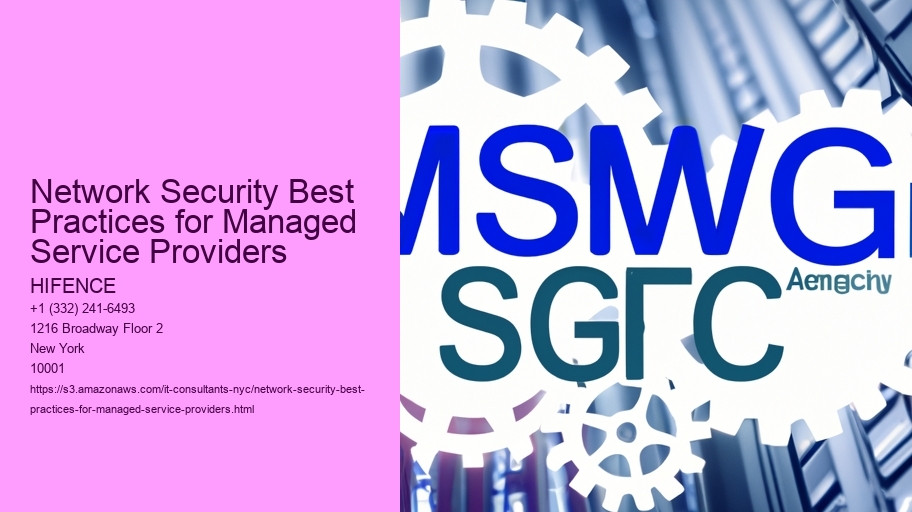
Network security! Its a big deal, especially if youre a Managed Service Provider (MSP).
First off, proactive monitoring is key. You cant just set it and forget it. (Nobody does that, right?) You gotta be constantly watching for weird stuff: unusual traffic patterns, failed login attempts, the whole shebang.
Next, multi-factor authentication (MFA) is non-negotiable. Seriously. Passwords alone are like, a joke these days. MFA adds that extra layer of security, making it way harder for hackers to get in, even if they somehow manage to snag a password. Implement it everywhere, not just for your internal systems, but for all your client accounts, too. Its a must.
Regular vulnerability assessments and penetration testing are also super important. You need to actively look for weaknesses in your systems before the bad guys do. Think of it like this: its better to find and fix a hole in your fence before the cows get out. (Or, you know, the data gets stolen.) These tests should be performed by qualified professionals, not just your buddy whos "good with computers".
Patch management is another critical area. Keeping your operating systems, applications, and network devices up-to-date with the latest security patches is essential. Software vendors release patches to fix vulnerabilities, and if you dont apply them promptly, youre basically leaving the door open for attackers. (Dont be that guy.) Implement a centralized patch management system to automate this process, because doing it manually is a recipe for disaster.
Incident response planning is crucial, too. What happens when, not if, theres a security breach? Do you have a plan in place? Who do you call? What steps do you take to contain the incident and recover your systems? A well-defined incident response plan can minimize the damage and get you back on your feet quickly. (Practice it, too!)
Finally, employee training is often overlooked. Your employees are your first line of defense, and they need to be aware of the latest security threats and best practices. Teach them how to spot phishing emails, how to use strong passwords, and how to report suspicious activity. A well-trained workforce is a much harder target for attackers.
So, there you have it! Some network security best practices for MSPs. Remembering these points, and keeping up to date with the cyber security world, will help you to be safe and help your clients be safe too.
Managed Service Provider (MSP) Selection: Key Considerations